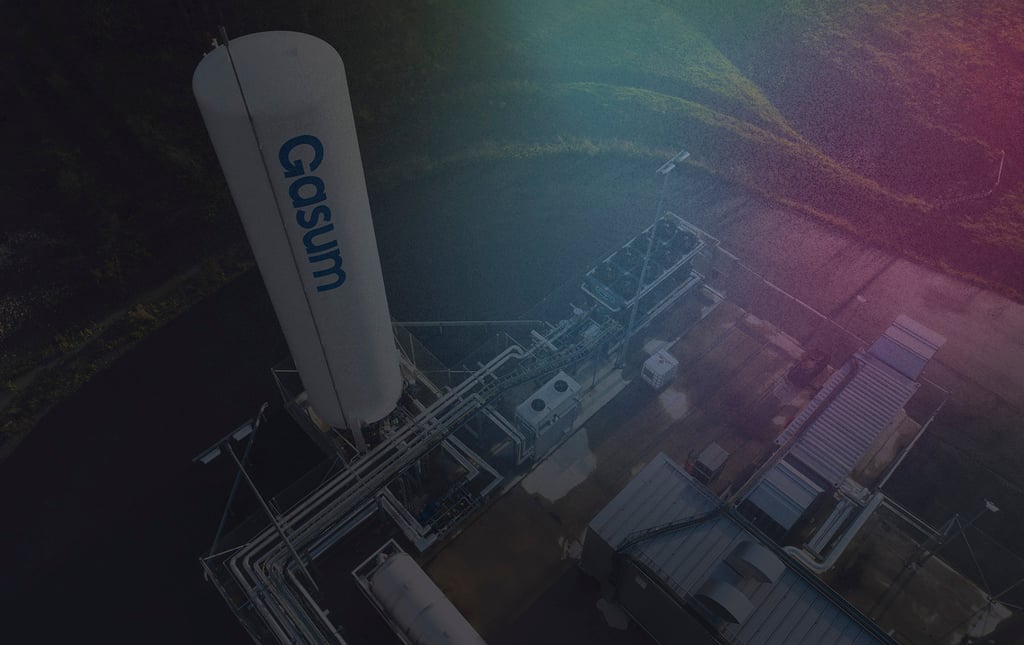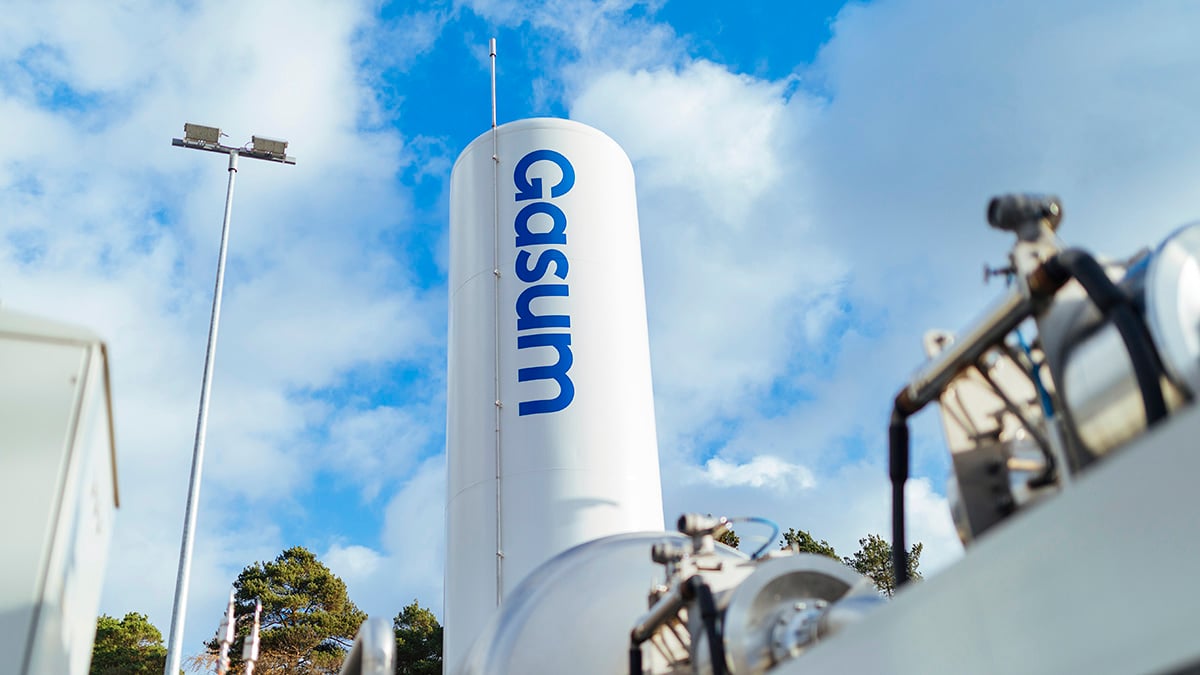Data-Driven Sustainability: How Gasum Fuels a Cleaner Future with ADE


From Legacy Complexity to Modern DataOps
Before Agile Data Engine (ADE), Gasum's data infrastructure was fragmented and heavily reliant on on-premises systems. Data collection and reporting were manual and time-consuming, with limited visibility into the data pipeline. An earlier attempt at building a centralized data warehouse proved difficult to maintain and ultimately fell short of expectations.
To overcome these challenges, Gasum initiated a strategic shift to modernize its data platform. This included setting up a centralized data team and adopting a DataOps approach to development. ADE was selected to support Gasum’s shift to a modern DataOps-based development model, enabling them to build a centralized, cloud-native data platform tailored to their evolving analytics needs.
Gasum is a Nordic energy company that promotes cleaner energy solutions for the maritime, industry, and transport sectors. With operations in Finland, Sweden, and Norway, Gasum focuses on biogas production, gas supply, and energy market services. Sustainability is at the core of their mission, with significant investments in emission reduction and energy transition.


Why Gasum chose Agile Data Engine?
Gasum selected ADE to support its move toward a Data Vault-based data warehouse. The platform’s strong metadata-driven solution, automation capabilities, and orchestration features made it the ideal choice for streamlining development and deployment.
Key selection drivers included:
-
Automation of data warehouse creation and maintenance
-
Unified environment for modeling, deployment, and orchestration
-
Out-of-the-box support for Data Vault methodology
-
Independence from any specific cloud or database vendor
How Gasum uses ADE
Today, Gasum uses ADE to power its entire analytics and data platform in the cloud. ADE helps turn business needs into actionable development work by enabling better visibility, control, and reuse of data models and logic.
Examples of usage:
-
Power BI reporting across finance, sales, supply chain, and sustainability
-
Biogas production reporting and analysis
-
Emission and sustainability reporting
-
Daily orchestration of data loads with transparency and error detection
ADE's templating, built-in logic blocks, and metadata-centric design help Gasum speed up development and reduce manual coding. This also increases developer productivity and enables faster delivery of new data products to business users.
"The biggest daily benefit is having visibility into the overall data landscape—what data we have, where it comes from, and how it is used."
Juha Kännö
Solution Lead, Data & Analytics, Gasum
Benefits Realized
- Clear visibility into data sources, lineage, and dependencies
- Reduced time-to-production for new solutions
- Easier error tracking and reduced maintenance effort
- Higher data team productivity and better collaboration with business units
- Scalable platform that supports multi-database development (e.g., Microsoft SQL and Databricks SQL)

"ADE speeds up development. This also means that business units don't have to wait as long for solutions to be completed."
Juha Kännö
Solution Lead, Data & Analytics, Gasum
Working with Databricks
Gasum recently conducted a Proof of Concept (PoC) to evaluate how ADE and Databricks can be used together. The goal was to compare native Databricks development (Python, Delta Live Tables) to ADE-driven SQL-based development.
In the PoC, Databricks development began from scratch using Python notebooks, which required more manual setup. In contrast, ADE allowed a faster start thanks to reusable templates and standardized logic blocks.
Key findings:
-
ADE’s templating and entity definitions helped reduce manual coding, enabling more efficient execution of standard transformations
-
Databricks SQL proved to be a highly expressive language for complex use cases such as parsing deep JSON structures
-
ADE’s built-in CI/CD capabilities offered a simpler path to production deployment compared to the technical setup required with Databricks asset bundles
-
ADE's flexibility in managing metadata and orchestrating workflows (DAGs) allowed better control over multi-step pipeline execution
By integrating ADE with Databricks, Gasum can now combine advanced analytics capabilities with structured, governed data pipeline development.
For Organizations Like Gasum
ADE is particularly well-suited for organizations with a continuous development model. Its unified platform helps data teams focus more on business enablement and less on plumbing. Gasum's experience demonstrates how a scalable DataOps approach can transform data operations, especially when sustainability reporting and regulatory requirements are critical.

"ADE’s way of managing data load dependencies and scheduling may offer more functionality than Databricks’ equivalent tools."
Juha Kännö
Solution Lead, Data & Analytics, Gasum